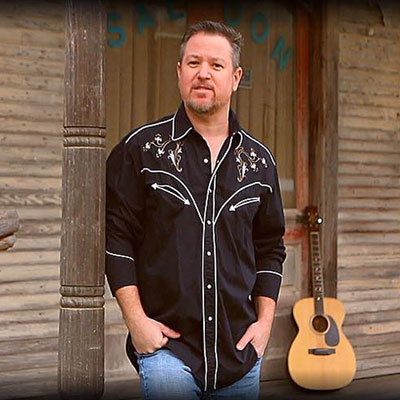Audio Technology
Explore our Audio Technology Program!
While many students come to the audio program to make beats for modern music, they are often surprised at the vast array of career options in the field. As a sound technician, it's your responsibility to assemble, operate, and maintain the technical equipment used to record, amplify, enhance, mix, or reproduce sound. You'll identify the sound requirements for a given task or situation and perform the appropriate actions to produce this sound. Sound technicians are required in a range of industries, including advertising, audio recordings, broadcasting (radio or television), film, and live performance (theatre, music, dance). So, while making beats is taught and encouraged, this program focuses on many other skills that will allow you to make a living in the industry of your choosing.
While for many audio jobs, a degree is not required, the following topics WILL increase your chances of success: acoustics and music, audio engineering and production, media production, music theory, a history of the music business and popular music, running live sound for concerts/churches, and a knowledge of sound plotting for theatre productions. At MCC, you can earn this real-world experience AND a degree. While this degree is transferable to four-year schools, past students who have transferred find it to be a lackluster experience compared to the quality of equipment and instruction offered at MCC. In fact, many of our students find employment before they graduate.
Skills needed to be successful:
- Interest in music, sound, and recording
- Technical ability to learn about computers and sound equipment
- Good critical listening skills to assess musical quality
- Creativity
- Great interpersonal and communication skills to help you to: meet and network with others, and be a team player and collaborator
- problem solving, attention to detail, flexible approaches to production
- the ability to accept criticism and constructive feedback
- Persistence and determination
For the past 40 years, Professor Brian Konzelman has taught musicians and audio recording engineers at MCC how to make a living in the music industry. Graduates now own recording businesses across the nation, have careers in the entertainment, recording, and film industries, and have earned GRAMMY AWARDS, EMMYS, and GOLD RECORDS from the RIAA.
What you’ll learn at MCC:
During the first year of audio study, students will learn about: the physics of sound; the science of acoustics; the tools used to collect, store, process, and deliver sound products; recording session procedures; and business networking. The students work individually and in teams, completing weekly recording projects in class and outside of class, and prepare presentations of their work, and present their projects to the other students. They will function as a team in recording sessions and produce recordings on a variety of different equipment types.
During the second year of audio study, the emphasis is on an internship class model. The learning environment is set up like a real-world studio complex, in which the students work both individually and in teams on a variety of recording projects. They sign in, keep hours, schedule their own project sessions, and allocate and share the studio resources. The students then share the results of their recording projects with the other students, instructing and answering questions about their experience creating the recording. Troubleshooting, electronics repair, and studio maintenance are learned and practiced by the students throughout the year.
Contact us:
Alumni Making Music History

Chris Ermoian
Chris started the TV show Texas Music Café, based in Waco. 2022 marked the 25th anniversary of Texas Music Cafe, promoting the music of both Rising Stars and Lone Star Legends. For a quarter of a century, Texas Music Cafe has tirelessly archived more than 10,000 hours of audio and video treasure into what is now one of Texas's largest and most diverse collections of unheard musical treasure (The Best Music You’ve Never Heard).
Visual & Performing Arts at MCC
- Music Department - Discover courses, ensembles, and performance opportunities in music.
- Theatre Department - Learn about theatre productions, acting classes, and technical theatre training.
- Visual Arts - Explore drawing, painting, sculpture, and digital art programs.

